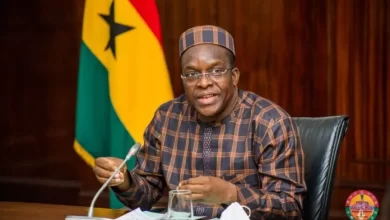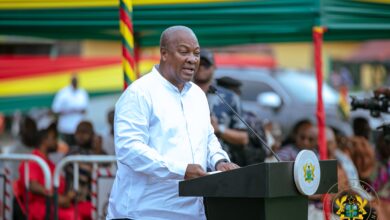
The World Health Organization (WHO) has issued an urgent warning about looming shortages of HIV medications in eight countries, a direct result of the U.S. foreign aid freeze imposed during the Trump administration. This halt in funding threatens to reverse two decades of hard-fought progress in combating the global HIV/AIDS epidemic.
The affected nations—Haiti, Kenya, Lesotho, South Sudan, Burkina Faso, Mali, Nigeria, and Ukraine—are bracing for critical disruptions in their supply of life-saving antiretroviral drugs. The funding freeze, enacted shortly after President Donald Trump’s inauguration, has already caused “substantial disruptions” to HIV treatment programs that millions rely on for survival.
Reversing 20 Years of Progress
Speaking at a press conference, WHO Director-General Tedros Adhanom Ghebreyesus underscored the gravity of the situation.
“The disruptions to HIV programs could undo 20 years of progress in the fight against AIDS,” Dr. Tedros warned, emphasizing the long-term global implications of the crisis.
The freeze not only jeopardizes HIV programs but also undermines efforts to combat other deadly diseases, including polio, malaria, and tuberculosis. The ripple effect has reached the Global Measles and Rubella Laboratory Network, a WHO-coordinated initiative with over 700 labs worldwide. This vital network now faces potential shutdowns amidst a troubling resurgence of measles outbreaks, including in the United States.
Health Facilities Shutting Down
The funding freeze has had devastating consequences in Afghanistan, where 167 health facilities have already closed since March 4, leaving millions without access to basic care. The WHO warns that an additional 220 facilities could shut down by June unless immediate action is taken. These closures threaten to collapse healthcare systems, leaving vulnerable populations without essential medical services.
“The United States has a responsibility to ensure that if it withdraws funding, it does so in an orderly and humane way that allows affected countries to find alternative resources,” Dr. Tedros urged, calling for a more thoughtful and cooperative approach to the funding cuts.
Global Health at Risk
The crisis has been compounded by the Trump administration’s decision to withdraw from the WHO, which previously received approximately 20% of its annual funding from the U.S. This withdrawal has forced the WHO to implement hiring freezes and budget cuts across multiple health initiatives, severely hampering its ability to respond to global health emergencies.
While the administration has defended the funding freeze as a measure to reduce administrative costs, health experts warn of dire consequences.
“The collapse of HIV programs, along with setbacks in other disease-fighting efforts, underscores the essential role of international funding in maintaining global public health,” said Dr. John Nkengasong, Director of the Africa CDC.
Urgent Need for Intervention
The WHO is calling on the international community to step in and fill the funding gap to prevent a global health catastrophe. Without immediate intervention, millions of lives are at risk, and the progress made over decades in fighting infectious diseases could be lost.
This crisis serves as a stark reminder of the interconnectedness of global health systems and the devastating consequences when critical funding is withdrawn without a contingency plan. The world watches as the clock ticks toward potential humanitarian and public health disasters in some of the most vulnerable regions.
Story by: Mercy Addai Turkson #ahotoronline.com


